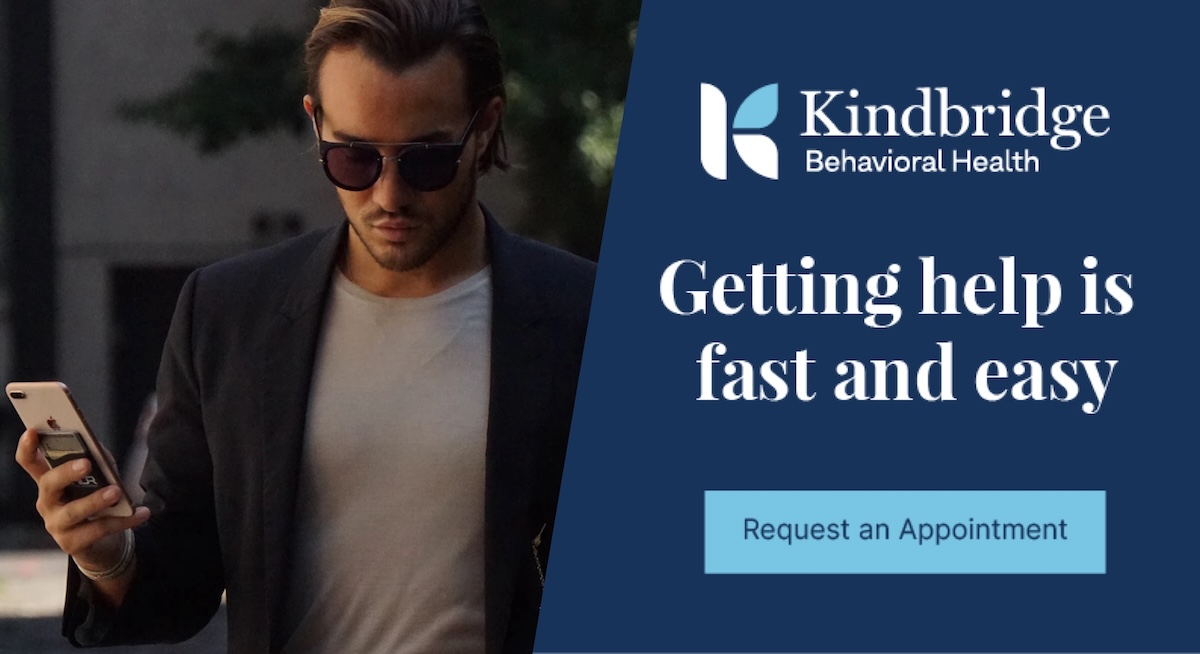Every day, millions of Americans struggle with anxiety, depression, bipolar, ADHD, OCD, PTSD, and slate of varying (often cooccurring) disorders. Unfortunately, a large number (any number is too large) of them continue the struggle without getting the help they need from a counselor. While lack of access is to blame for much of this, there are tens of thousands of individuals who avoid therapy due to feelings of shame and embarrassment. In fact, this number may be greater than expected. A recent survey found that 35% of Americans aged 18-29 avoided therapy due to shame/embarrassment, followed by 33% of those in the 30-49 age category.
Reasons for being too embarrassed to talk to a therapist include the following:
- Cultural stigma about mental health
- Familial stigma about mental health
- Fear of judgement from a therapist
- Concern about others (beyond a therapist) finding out
- Feelings of shame regarding things they’ve done that are tied to their mental/behavioral health concern
- Shyness in discussing topics an individual may see as being taboo
Mental health professionals are admittedly frustrated by the data that suggests individuals are too embarrassed to open up to them. The misconception that a professional could ever levy judgement upon a patient is especially concerning to the mental health community. Allow us to nip that one in the bud for you right here and now. You can absolutely and unequivocally talk to therapists about anything without fear of judgement. But what about the rest?
Below is a breakdown of the powerful steps that you can take today to obliterate feelings of shame and embarrassment. After reading this you will enjoy a clear path to greater mental health and wellness. Let’s review!
6 Powerful Ways to Stop Feeling Too Embarrassed to Talk to a Therapist and Get the Help You Need
1. Connect to an Online Therapist Instead
The most practical solution is to connect to an online therapist remotely versus scheduling an in-person visit at an on-premises clinic near you. Online therapy can be as confidential as you want it to be. Further, you can schedule sessions when convenient for you so that you don’t have to disrupt your work or social schedule while coming up with a reason for doing so. In addition, remote sessions can be done from any data/wifi connection to protect your privacy and place you in a setting that you’re comfortable with. For instance, you may feel more relaxed (and ready to talk) when partaking in a counseling session from a quiet nook at the beach or nearby park.
Speak to a Kindbridge care coordinator to learn more about our confidential online therapy services.
2. Talk to a Therapist Who Specializes in Your Specific Disorder
We understand feelings of shame/embarrassment that relate to sensitive topics. For instance, who wants to call a generalized helpline to talk about compulsive masturbation or their perceived porn addiction symptoms?
To get over this hurdle, only work with online therapy platforms that offer counseling services specific to a given disorder, no matter how far on the “fringe” it may seem to you. You will find peace of mind in talking to a therapist who is specifically trained in the treatment of your potential disorder. They deal with patients who discuss these exact same issues on a daily basis. In addition to the “common” disorders relating to anxiety, depression, and so forth, Kindbridge has online therapists who specialize in the following disorders:
- Porn addiction therapists
- Sex addiction therapists
- Gambling disorder therapists
- Gaming disorder therapists
- Day trading addiction therapists
- Substance use disorder therapists
- Eating disorder therapists
- Other (just ask!)
3. Get Inspired by Role Models
Another powerful way to get over feelings of shame and embarrassment, is to find a role models who has been open out their own mental health struggles and subsequent success with therapy. Remember that these individuals are in the public eye and once thought they had a lot to lose by initiating intervention.
These “in-therapy” role models will be unique to you, be they innovators such as Elon Musk, business magnates like Richard Branson, icons such as Oprah Winfrey, superstars like Brad Pitt, or one of many famous athletes who have openly discussed their struggles and recovery. Watch this recent interview with NFL cornerback Isaiah Rodgers which may provide you with inspiration to talk to a therapist:
4. Try Group Sessions
Instead of (or in addition to) getting inspiration from role models, you may greatly benefit from online group therapy sessions. In these sessions you will be joined by others who are experiencing the same relative things that you are struggling with. Some will be more open to talking about their issues than others, which ends up inspiring the latter to speak up when comfortable.
Kindbridge offers group therapy sessions for specific disorders to ensure that the settings and discussion points are most relevant to your needs. Over time, you may desire to stay with group sessions, or feel ready to open up to a therapist on an individual one-on-one basis. It will all unfold with your comfort level.
5. Don’t Tell Anyone if You Don’t Want To
Your concern about talking to a therapist may be rooted in the worry about what others may think. As addressed above, access to online counseling changes all of that. You don’t have to tell anyone if you don’t want to. That being said, you may find comfort in doing so. Please keep reading for one final thought on the misguided concern about being too embarrassed to talk to a therapist.
6. Although, You May Feel Relief in Confiding
This powerful scene from Prime’s Modern Love season 1, episode 3 titled “Take Me As I Am, Whoever I am” featuring Anne Hathaway says it all. It can be tough at first, but you will more than likely be surprised by how much support you receive by opening up about your mental health struggles to a caring confidant. While individuals typically talk to a therapist before telling a loved one, it can also work the other way around. There are no steadfast rules here, it’s all about what will inspire you to get the help you need, today.
Talk to a Therapist in a Safe, Welcoming, and Confidential Online Environment
CALL +1 (877) 426-4258
OR
Email [email protected]




